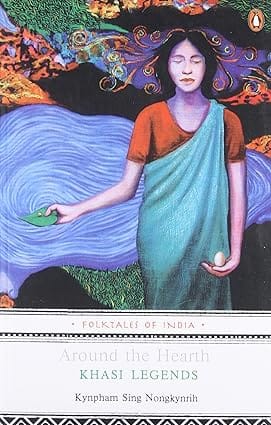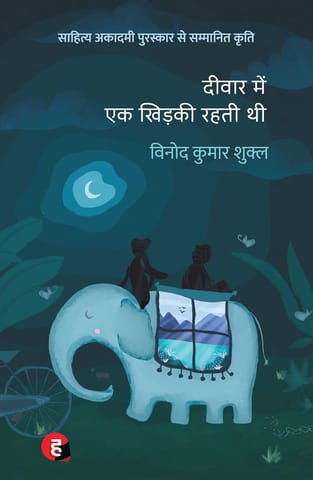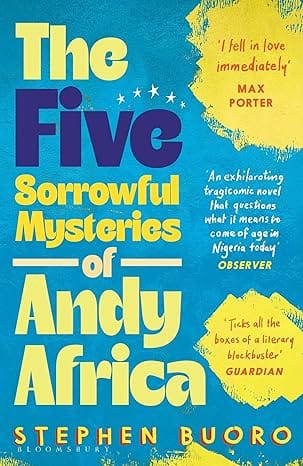- Non-ficton
- Non-ficton
- Contemporary Fiction
- Contemporary Fiction
- Children
- Children
- Comics & Graphic Novels
- Comics & Graphic Novels
- Non-Fiction
- Non-Fiction
- Fiction
- Fiction
About the Author
Dr Kynpham Sing Nongkynrih, poet, writer, and translator, was born on 4 april 1964 in Cherrapunjee, Meghalaya. He belongs to the Khasi tribe and writes in both Khasi and English. His short stories have been published in leading journals inn India and translated into Hindi and Bengali. Nongkynrih works as Reader in the Department of English, North-Eastern Hill University (NEHU), Shillong. He edits the university newsletter, NEHU News, and the first poetry journal in Khasi, Rilum, besides beign the associate editor of the university's official journal, The NEHU Journal. He ws awarded a 'Fellowship for Outstanding Artists 2000' by the Government of India. He also received the first North-East Poetry Award in 2004 from the North-East India Poetry Council, Tripura.
He has a total of five publications in Khasi and three in English besides edited volumes and translation works of poetry and short stories in both Khasi and English.
- Home
- Contemporary Fiction
- Around The Hearth
Around The Hearth
SIZE GUIDE
- ISBN: 9780143103011
- Author: Kynpham Sing Nongkynrih
- Publisher: Penguin Books
- Pages: 168
- Format: Paperback
Book Description
About the Author
Dr Kynpham Sing Nongkynrih, poet, writer, and translator, was born on 4 april 1964 in Cherrapunjee, Meghalaya. He belongs to the Khasi tribe and writes in both Khasi and English. His short stories have been published in leading journals inn India and translated into Hindi and Bengali. Nongkynrih works as Reader in the Department of English, North-Eastern Hill University (NEHU), Shillong. He edits the university newsletter, NEHU News, and the first poetry journal in Khasi, Rilum, besides beign the associate editor of the university's official journal, The NEHU Journal. He ws awarded a 'Fellowship for Outstanding Artists 2000' by the Government of India. He also received the first North-East Poetry Award in 2004 from the North-East India Poetry Council, Tripura.
He has a total of five publications in Khasi and three in English besides edited volumes and translation works of poetry and short stories in both Khasi and English.
User reviews
NEWSLETTER
Subscribe to get Email Updates!
Thanks for subscribing.
Your response has been recorded.

India's Iconic & Independent Book Store offering a vast selection of books across a variety of genres Since 1978.
"We Believe In The Power of Books" Our mission is to make books accessible to everyone, and to cultivate a culture of reading and learning. We strive to provide a wide range of books, from classic literature, sci-fi and fantasy, to graphic novels, biographies and self-help books, so that everyone can find something to read.
Whether you’re looking for your next great read, a gift for someone special, or just browsing, Midland is here to make your book-buying experience easy and enjoyable.
We are shipping pan India and across the world.
For Bulk Order / Corporate Gifting
 +91 9818282497 |
+91 9818282497 |  [email protected]
[email protected]
Click To Know More
QUICK LINKS
ADDRESS
Shop No.20, Aurobindo Palace Market, Near Church, New Delhi














